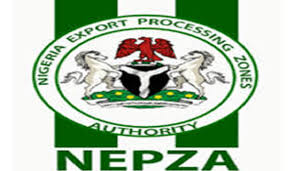In a bid to streamline the oil and gas sector, the Nigerian government has announced plans to automate the process of issuing export permits. This decision came out of a crucial stakeholders meeting held at the weekend led by the Minister of Industry, Trade and Investment, Dr. Doris Anite. The meeting aimed to address key issues hindering growth and efficiency in the sector, particularly around export procedures and timely repatriation of export proceeds. “We had a very productive discussion,” stated Dr. Anite. “We identified several roadblocks to service delivery and agreed on concrete solutions. One key takeaway is the automation of the export permit process. We’ll implement a single platform across all relevant ministries to significantly improve efficiency.” This automation push is expected to significantly reduce administrative delays and bureaucratic hurdles currently plaguing the sector. This, in turn, is expected to expedite the return on investments and boost overall growth.
The meeting also highlighted the need for a “backward integrated program” to support domestic industrialisation, particularly in petrochemical development and refining. This would create a more robust and self-sufficient oil and gas ecosystem within Nigeria. Dr. Anite reiterated the government’s commitment to easing administrative burdens and fostering a more conducive environment for investment in the energy sector. She further announced that stakeholder meetings will now be held regularly to ensure effective feedback and enforcement of agreed-upon solutions.
Stakeholder representatives from the Central Bank of Nigeria and the Oil Producers Trade Section (OPTS) also emphasised the importance of collaboration in driving the sector forward. “Clear communication and cooperation among all stakeholders are crucial for the development of the oil and gas sector,” said Dr. Hassan Mahmud, Director of Trade and Exchange at the Central Bank. OPTS representative Wasiu Olayiwola echoed this sentiment, stating, “We’re here to work with the government to overcome challenges facing the industry. By working together, we can make this country a better place for all.”

